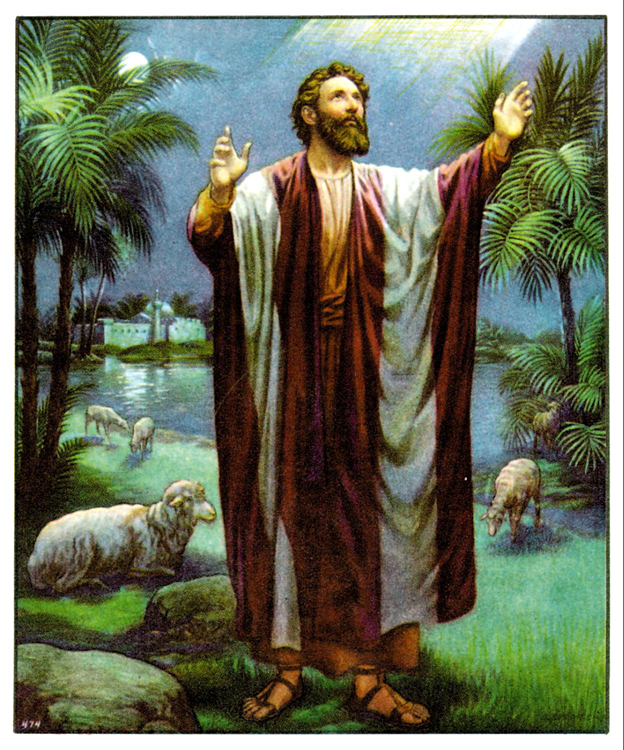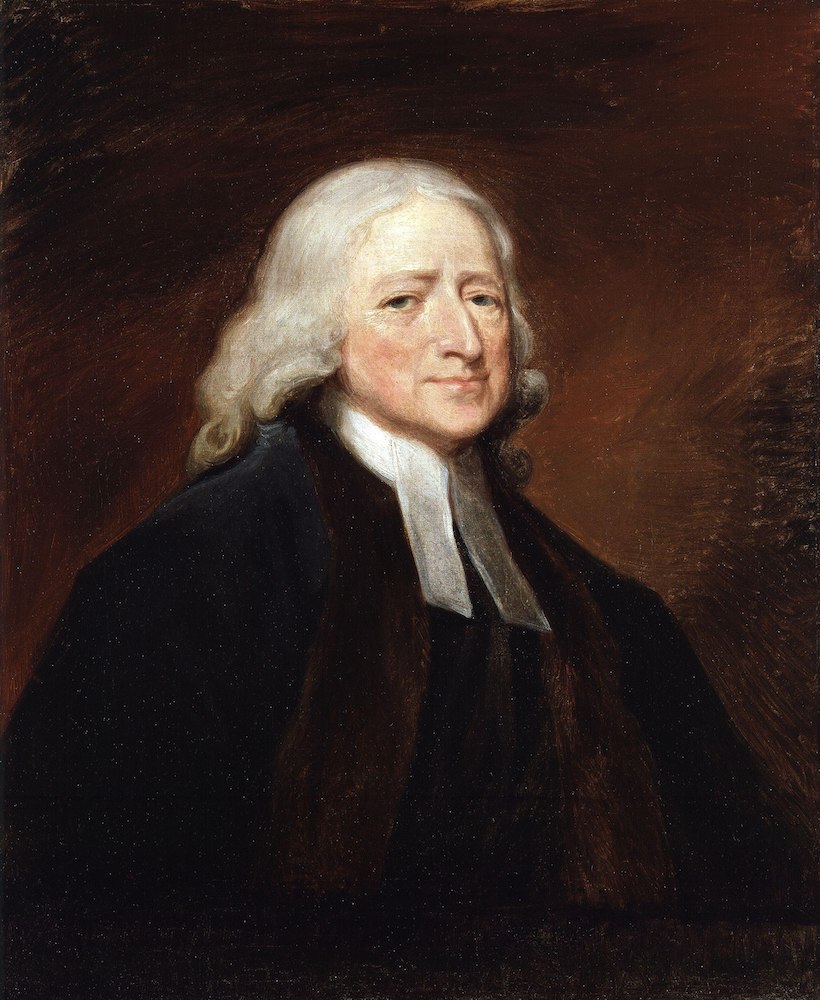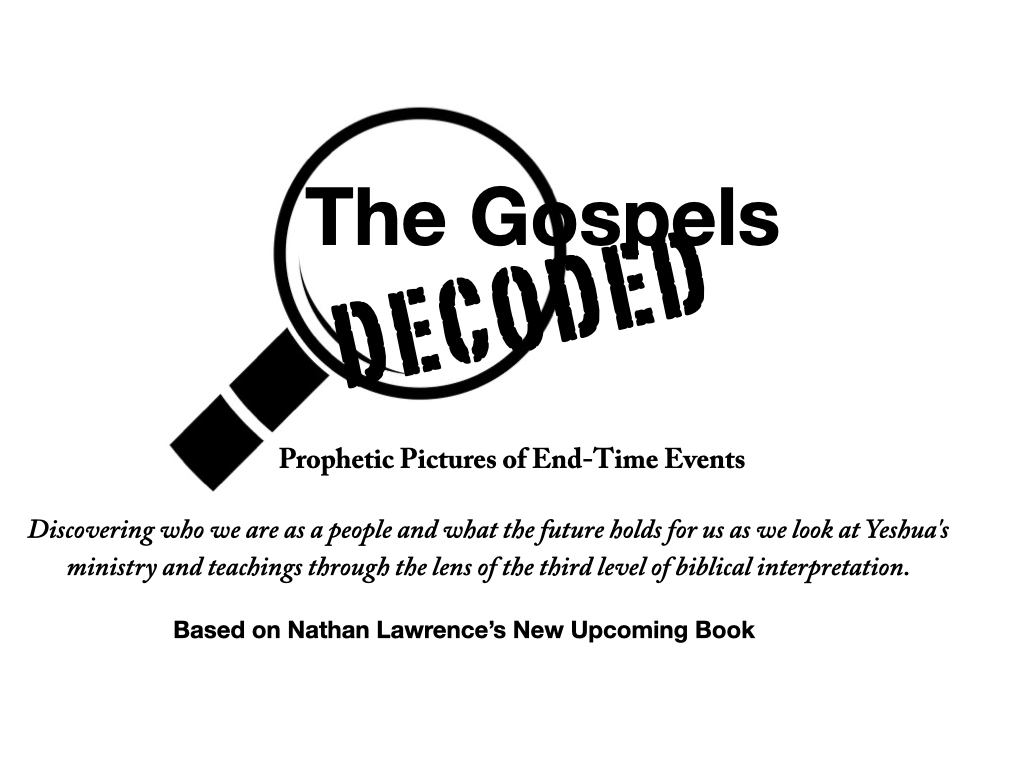
Genesis 22:19; 23:2, Abraham dwelt at Beersheba…Sarah died in…Hebron. At this point, Abraham and Sarah lived in two separate towns some 26 miles apart. Why was this? The Scriptures doesn’t say, so we can only speculate. Perhaps the trial of Abraham’s faith in the previous chapter where YHVH asked him to sacrifice Isaac and Abraham’s compliance to do so put such a strain on their marriage that they separated. Perhaps the idea that YHVH would ask Abraham to sacrifice their only son was so hard for Sarah to believe that she questioned whether Abraham had even heard correctly from YHVH about this. Whatever the case, following YHVH can be tough on marriages and families as Yeshua notes in Matthew 10:34–39. Sometimes families split as a result. Abraham wasn’t unique in his situation.
Ministry is tough on marriages. Often YHVH has his servants perform difficult if not nearly impossible tasks requiring superhuman faith and obedience. In a marriage, it is not uncommon for one person to be more committed to serving YHVH than the other. This difference can result in a differential between the two parties resulting in a split or divergence of commitments, viewpoints, levels of faith and devotion to YHVH. In light of the fact that some ministry assignments are dangerous or can bring on severe trials, persecution or tribulation, sometimes this may be too much for the weaker, less committed party to bear, and there is a separation in the marriage.
In Exodus 4:24–26, in all likelihood, Zipporah and Moses split up over YHVH’s request to circumcise their two sons, for we never hear of Zipporah again, except that Moses had sent her away (Exod 18:2). Some Bible scholars take this mean that he put her away or divorced her (likely because of her refusal to follow him onto the mission field). Later, we find Moses remarrying a Cushite woman (who was likely black; Num 12:1).
David had to leave his first wife Michal, the daughter of Saul, because she despised him for dancing before YHVH’s ark of the covenant (2 Sam 6:14–16, 23).
The situation with the prophet Hosea is notable, as well, in this regard. YHVH required him to marry a wife of harlotry as part of his spiritual walk, so that he would better understand the experience of YHVH who was married to the adulterous nation of Israel. Hosea didn’t even know whether the children born to his wife were his own, or those of another man, yet he was to love her unconditionally anyway.
In the apostolic era, we hear virtually nothing about the wives of the apostles. This in no way indicates that their marriages were troubled, but one can only wonder given the rigors of the spiritual assignment YHVH had given them.
Paul is a case in point. He was likely married, since it would have been uncommon for someone of his spiritual stature to not to have been married in the Hebraic culture in which he lived, yet no mention of his wife is made. At the same time, he mentions a thorn in the flesh to buffet him and to keep him humble (2 Cor 12:7). On can only wonder if this isn’t a reference to a difficult marriage situation. Perhaps his wife became antagonistic at his conversion to Yeshua resulting in his leaving the prestigious and affluent life of the religious elite of his day, and counting his past life as dung (Phil 3:8). This may have been too much for her to bear.
The sad story of Methodist founder John Wesley’s marriage

From an article in Christianity Today (https://www.christiantoday.com/article/the-sad-story-of-methodist-founder-john-wesleys-marriage/129376.htm) on 24 May 2018
May 24th marks the day an Anglican priest named John Wesley had a spiritual experience that changed his life, and arguably transformed the church. It’s a truly ‘heart-warming’ day that celebrates the power of conversion and Wesley’s fervent Methodist legacy, but many don’t know a more sombre side to Wesley’s life: his tense and allegedly violent relationship with his wife.
The day is also known as Aldersgate Day, named after the part of London where Wesley had his strange spiritual experience. An Anglican minister, Wesley was a fervent priest but had increasingly been overcome by melancholy and doubt.
On the morning of May 24, 1738, he opened his Bible to read the words: ‘There are given unto us exceeding great and precious promises, even that ye should be partakers of the divine nature.’ Later that day he attended a church service in Aldersagte, where he heard a reading from Reformer Martin Luther’s Preface to the Epistle to Romans.
Then, in Wesley’s words: ‘While he was describing the change which God works in the heart through faith in Christ, I felt my heart strangely warmed. I felt I did trust in Christ, Christ alone for salvation; and an assurance was given me that He had taken away my sins, even mine, and saved me from the law of sin and death.’
Inspired with assurance, John went on with his brother Charles to pioneer the radical movement of Methodism, spreading evangelical revival across the country and the world. But John’s fervent faith also caused profound problems for his marriage in later life: he is believed to have suffered domestic abuse from his wife.
As Lex Loizides explains for Church History Review, Wesley’s marriage to Molly Vazeille in 1751 didn’t begin as a romance, and had filled his brother Charles Wesley with dread.
The dread was appropriate, because in just a few years the couple would be locked in tense conflict. Wesley was increasingly distant from his wife due to his preaching itinerary, while Molly – wrongly – suspected infidelity and struggled with Wesley’s frequent correspondence with other women. Since she was left at home for weeks at a time, but was allowed to open Welsey’s post, she saw letters from many of her husband’s admirers.
She grew antagonistic to Wesley, wrote critical letters and spied on him, accused him of adultery and gave Wesley’s enemies material with which to slander him.
As Lex Loizides explains for Church History Review, Wesley’s marriage to Molly Vazeille in 1751 didn’t begin as a romance, and had filled his brother Charles Wesley with dread.
The dread was appropriate, because in just a few years the couple would be locked in tense conflict. Wesley was increasingly distant from his wife due to his preaching itinerary, while Molly – wrongly – suspected infidelity and struggled with Wesley’s frequent correspondence with other women. Since she was left at home for weeks at a time, but was allowed to open Welsey’s post, she saw letters from many of her husband’s admirers.
She grew antagonistic to Wesley, wrote critical letters and spied on him, accused him of adultery and gave Wesley’s enemies material with which to slander him.
Wesley wasn’t particularly charitable either, and once sent an unflinching message demanding Molly be content and submit: ‘Know me and know yourself. Suspect me no more, asperse me no more, provoke me no more: do not any longer contend for mastery…be content to be a private insignificant person, known and loved by God and me.’
Content she did not become. John Hampson of Manchester wrote that he ‘once entered a room unannounced to find Molly dragging her husband across the floor by his hair’. But John could be violent with his words, once writing: ‘If you were buried just now, or if you had never lived, what loss would it be to the cause of God?’
After years of conflict, Molly eventually left her husband and didn’t return, in 1771. Wesley famously wrote in his journal, in his only comment on his marriage: ‘I did not forsake her, I did not dismiss her, I will not recall her.’
It’s a sad story that shows neither of the couple in a good light. It may shock that the preacher was the victim of domestic violence, but it might be argued that he was ambitious and unkind in hoping for a happy marriage and contented wife, when he was never at home and perhaps temperamentally unsuited for marriage anyway.
Wesley’s marriage is a reminder that even ‘spiritual heroes’ and are vulnerable to profound personal unhappiness. Marriage is a serious matter, and as the liturgy reminds us, is not to be taken lightly.







